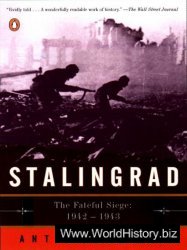Although the technology of i rearms and the use of those weapons in
warfare were perfected largely in late medieval Europe, the Europeans
did not invent the key to these advances—gunpowder. Exactly where
and when this fateful material originated is still uncertain. Yet modern
experts feel there is sui cient evidence to zero in on somewhere in China
as the where and sometime in the 800s CE as the when. Within that time
frame, an unknown individual stumbled on the fact that combining sulfur,
charcoal, and potassium nitrate (saltpeter) and exposing the mixture
to a l ame produced a sudden l ash or small explosion.
It appears this newly invented substance—gunpowder—was i rst
used to produce i recrackers, employed then as they are today in celebrations.
h e Chinese also found gunpowder could be used ef ectively
on the battlei eld. h ey created small rockets that shot upward and exploded
in the air, frightening enemies who were unfamiliar with them.
In addition, descending rockets sometimes set the roofs of houses on i re.
Another military application was a bamboo tube that discharged a burst
of i re and smoke when someone touched a l ame to some gunpowder
packed inside.
h e Chinese also developed grenade-like weapons, the general name
of which translates roughly as “thunderclap bombs.” When they exploded,
they apparently generated a l ash of light and a very loud noise, which
scared enemy soldiers and horses. A twelfth-century Chinese commander
named Li Kang recalls in a political memoir, “At night the thunderclap
bombs were used, hitting the lines of the enemy well, and throwing
them into great confusion. Many l ed, howling with fright.”40 h ere is
no evidence, however, that any of these early Chinese gunpowder devices
produced explosions powerful enough to destroy units of soldiers
or stone walls.




 World History
World History
![Road to Huertgen Forest In Hell [Illustrated Edition]](https://www.worldhistory.biz/uploads/posts/2015-05/1432477693_1428700369_00344902_medium.jpeg)








